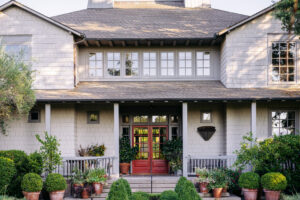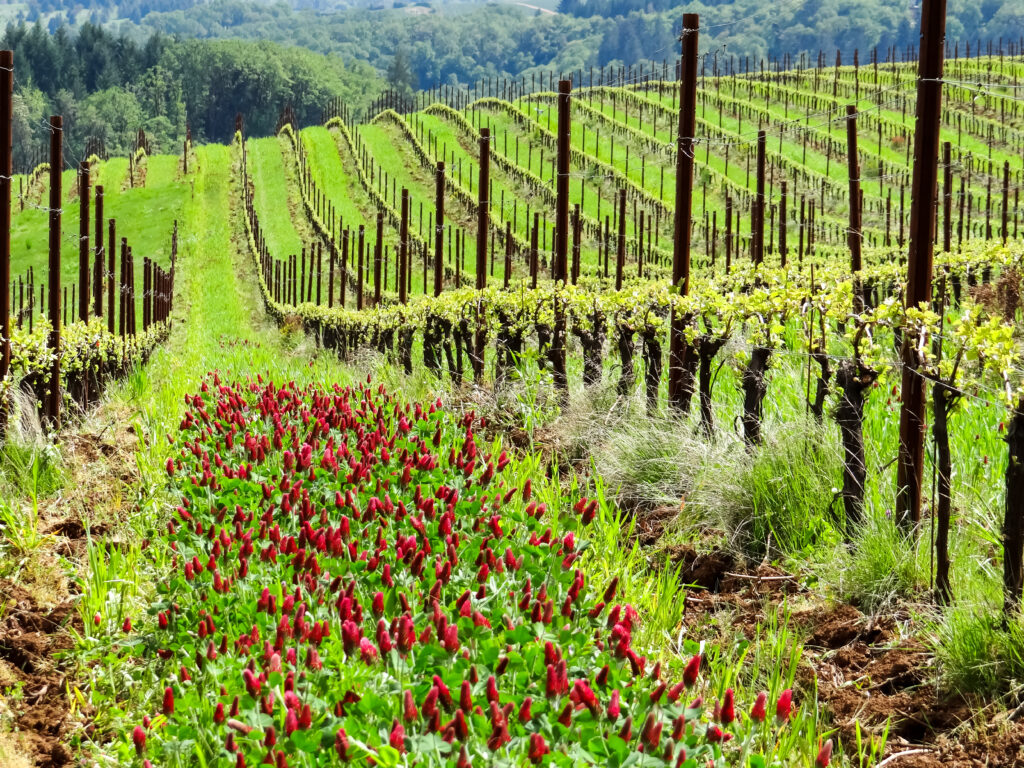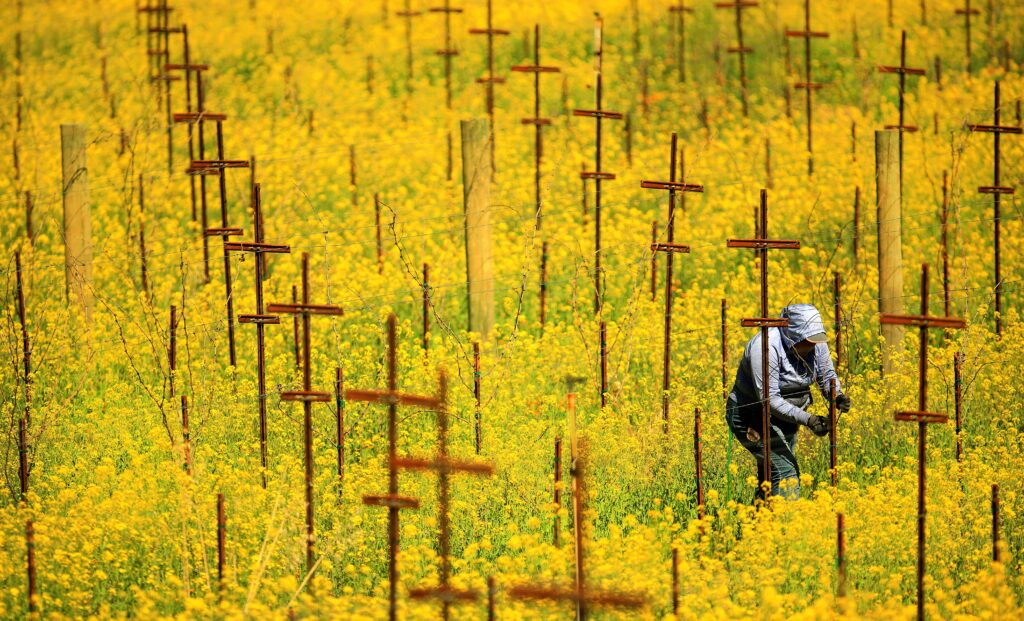“We live in a world of buzzwords, and ‘regenerative agriculture’ is the new buzzword for sustainability — but I think it has legs,” says David Gates, the senior vice president of vineyard operations for Healdsburg’s Ridge Vineyards. Gates admits that the term itself can be hard to define in just a word or two. “It’s complex,” he says. “People have to be interested to really dig into it.”
“For wine consumers to understand ‘regenerative’ farming, they will need to understand ‘ degenerative’ farming,” says Will Bucklin of Glen Ellen’s Bucklin Old Hill Ranch. “Ancient soils were rich in organic matter. But with the advent of the plow, we turned the soil, introduced oxygen, which in turn degenerated the organic matter, releasing it back into the atmosphere as CO2,” he explains. “As I see it, regenerative ag is simply trying to get carbon back into the soil as organic matter.”
So, why not just go through the process of certifying a vineyard as organic? “Organics relies on a list of things that you can and can’t use,” says Ames Morison, co-founder of Medlock Ames Winery in Healdsburg. “Regenerative viticulture, on the other hand, takes it a step further by really protecting the soil.”
Organic matter increases the water holding capacity of soil, meaning farmers don’t need to irrigate as much. And it holds and stores vine nutrients, so fewer fertilizers and other additives are needed. “Most importantly, organic matter is the food source for the soil microorganisms, who are the soldiers that protect and feed the plants,” says Old Hill Ranch’s Bucklin.
The best, cheapest, easiest, and least intrusive way to improve the soil is to plant cover crops, such as mustard and clover. “And, when you don’t till the soil, you build up different fungi and different flora,” says Ridge Vineyards’ Gates.
Above the ground, regenerative agriculture also takes a more holistic approach to farming that takes into account the welfare of workers and animals. “Regenerative farming, it’s not just about the wine,” explains Morison. “It helps broaden the conversation about important topics on a level that encompasses everyone’s life and livelihood.”
Three wines to try
2017 Lytton Estate Syrah Dry Creek Valley $48 / ridgewine.com: “The key to our existence and the soul of what we do is distinctiveness — and that’s born in the soil.” — David Gates, Ridge Vineyards
2019 Ancient Field Blend Sonoma Valley $38 / buckzin.com: “Healthy vines produce more nutrient-dense and colorful grapes, requiring fewer inputs in the winery.” — Will Bucklin, Bucklin Old Hill Ranch
2020 Burning Daylight Sauvignon Blanc Alexander Valley $50 / medlockames.com: “It’s a purchasing decision that can help the planet and help workers.” — Ames Morison, Medlock Ames












